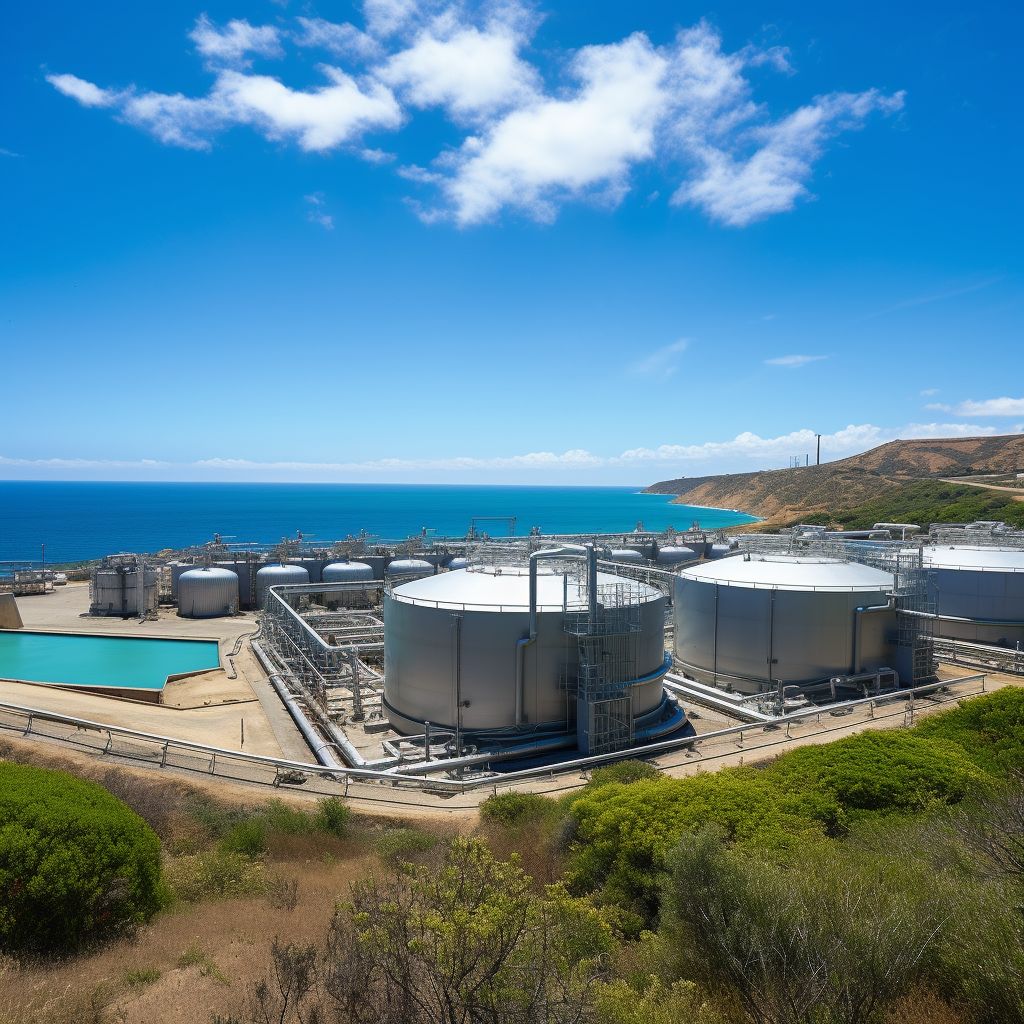Cape Town’s recent heavy rains brought the city’s dam levels to a staggering 97.1%, leading residents to ponder the long-term implications of such a drastic change. However, city officials warn against a false sense of water security and emphasize the need for infrastructure beyond dams to ensure the city’s water supply.
Rainfall Exceeding Long-Term Averages
Data from June showed that the rainfall at the dams supplying the city has exceeded long-term averages for this time of the year, with Wemmershoek experiencing one of the wettest Junes in the past 70 years. Despite this, city officials stress the importance of water resilience beyond dams.
Importance of Water Resilience
Councillor Zahid Badroodien, the City’s Mayoral Committee Member for Water and Sanitation, highlights the importance of water resilience for both residents and economic growth. He acknowledges residents’ contributions to building a water-secure future and emphasizes the need for continued investments in infrastructure and strategies.
Role of Water Tariff Structure
The water tariff structure plays a crucial role in covering the operational costs associated with providing a reliable water service, including the maintenance of major infrastructure such as water pipes, treatment plants, reservoirs, and wastewater pump stations. The fixed basic charge ensures the stability and reliability of the Water and Sanitation Directorate’s revenue forecast.
Despite the dams being more than 90% full, residents should not expect a lower water tariff or removal of the fixed basic charge. The cost of providing water service remains consistent regardless of water usage or dam levels.
New Water Programme
City officials are focusing on investments in the New Water Programme (NWP) to secure the city’s water supply. This long-term Water Strategy aims to reduce Cape Town’s dependence on rainfall and dam storage, providing resilience against climate change and future droughts.
The NWP includes projects such as desalination, groundwater schemes, and reuse, with the goal of increasing the city’s water supply by an additional 300 million liters of new water every day by 2030. Each project is at different stages of development.
Importance of Continued Efforts
In conclusion, the recent increase in dam levels across Cape Town should not lead to complacency. It serves as a reminder of the importance of investing in infrastructure and strategies to ensure a water-secure future. City officials are committed to providing reliable water services for residents and supporting economic growth, while navigating the challenges posed by climate change and water scarcity.








